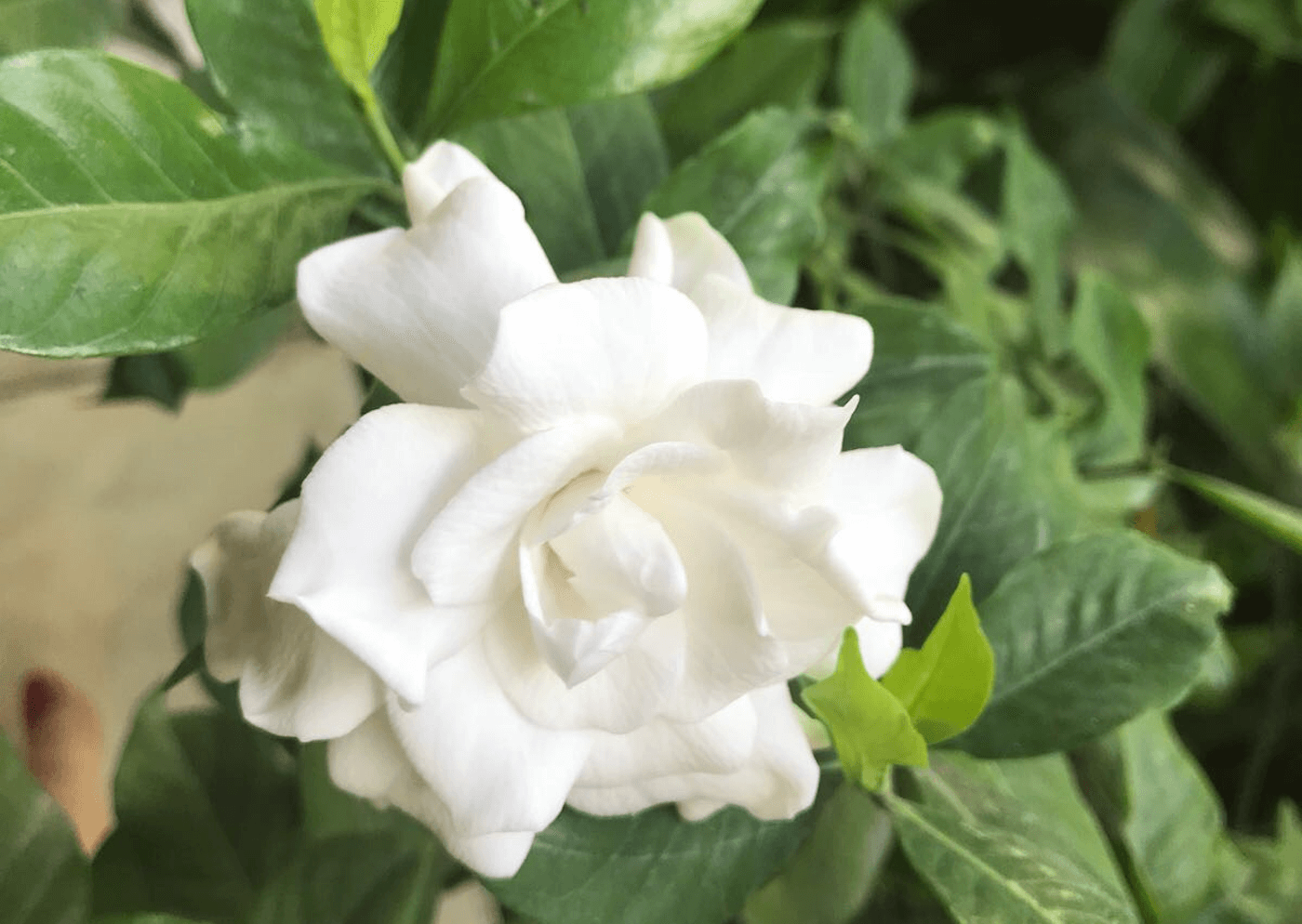Aparigraha, the practice of non-possessiveness, non-accumulation, or non-attachment is a part of the Yamas, the first limb of the eightfold path of Yoga (Ashtanga Yoga). Each of the limbs offer us the necessary tools to still the mind and become more and more established in our true nature. Now, the question may arise what a calm mind and the way of Yoga have to do with not accumulating possessions we do not really need, and letting go of all kinds of dependencies, for example on people, places and things?
The reason that the practice of aparigraha, literally “not grabbing from all sides” is crucial to develop early on in our Yoga practice, is simple. Everything we hold on to, either physically in the form of material things, or emotionally such as strong feelings (either positive or negative) for other people, or mentally in the form of holding on to certain thought patterns and belief systems, requires energy and takes up space within us. Exerting our energy in such ways keeps us captive in attachment and disturbs our inner peace, our innate sense of tranquillity and serenity.
So, fitting for this time of the year, let us take for example the seemingly simple act of buying Christmas presents for the whole family. The first decision to be made is who is to receive a Christmas gift. Even in this initial step the mind can start to run wild: “Well, if I give Uncle John a present, then Aunt Linda ought to get one as well – but I am much closer with Uncle John, plus Aunt Linda has not given me anything either last year and I don’t even really know what she likes, ….” This is just a small example of the sort of thinking that might show up.
Let’s say we make it past the hurdle of deciding who we will buy a gift for and having justified our decision to ourselves, we are now looking at how much money to spend. How much can we afford? Is it fair to spend more on one person than another? What is the measure for how much money is appropriate to spend and does this reflect how we feel about the person? Again, such questions just add to more stress for the mind and all we wanted to do was buy a Christmas present. But have we ever stopped to consider for a moment, why do we even buy presents? Why do we need a specific season to give gifts to people that we love and care about? Why do we give gifts to people when we do not know what they actually like? And why do we feel obligated to accept material things we might not even need and that end up somewhere in the storage and are kept indefinitely just because “so-and-so” gave it to us?
We might do such things because of mental concepts that we hold and that we have often unknowingly accepted as the truth, or “the way things are”. These ideas create whole belief systems on which we base our lives, and they often keep us from expressing and living according to our truth and therefore also disturb our peace of mind. Thus, aparigraha is also about letting go of these old ideas that determine to a great extend who we are and how we act in the world. We are therefore asked to truthfully examine our motives in each situation and to go through our lives with clarity when making decisions.
How often do we do something just because we know people will react in a certain way? Going back to the Christmas presents, we might accept something we do not need because we do not want to upset another person. But what if we actually did upset someone? What could happen? We could create an uncomfortable situation but so what? Would it make us feel uncomfortable? So perhaps the real reason we do not want to upset others is so we do not feel uncomfortable; again, because we are attached to feeling a certain way. Usually we want to feel good, but we might also be attached to the feeling of excitement and drama so we might be on the other end of the spectrum and purposefully stir up controversy and upset others.
Whatever we do, the practice of Yoga allows us to first realize what we are doing, then examine why we are doing it and finally enables us to let it all go when we become ready to do so. For, these things we do hold on to – be it a thought, a feeling, a person, a material thing – are intrinsically related to one another and thus form a complex web of entanglement and disturbances. And the true spirit and joy of giving – and also receiving – can only truly be experienced when we do so completely free of attachment and ulterior motives.
In this sense, may you enjoy a peaceful and tranquil Christmas and Holiday seasons and start into the new year by letting go off all that, that no longer serves you.
Namaste!
by Carina Hilmar

